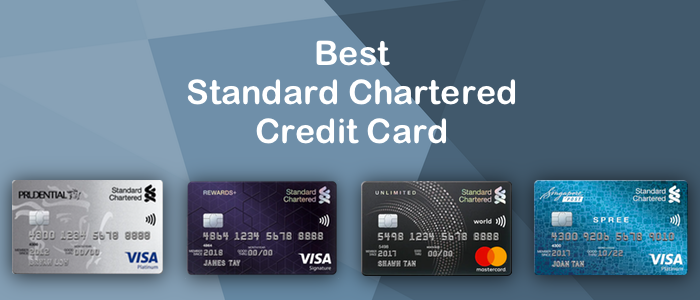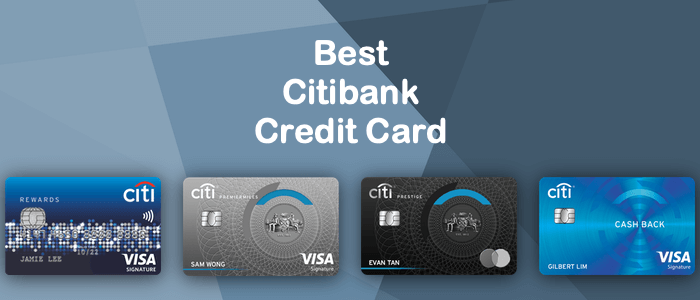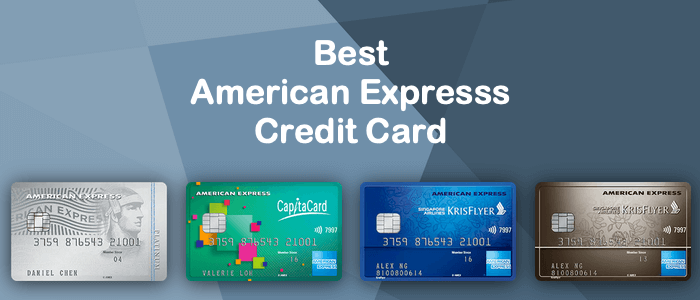
Do you pay your minim payments each month and does this affect your credit score
If you’re the kind of person who holds a credit card and pays off the entire balance every month – congratulations – you are doing it right. Credit cards are a great convenience for paying for goods and earning member rewards, but they come with the danger that you can rack up debt inadvertently by neglecting to clear your bill every month.
If you leave a balance, you end up paying interest on what’s left over, and if you let that build up into – say – a few thousand, these extra payments build and you end up paying good money after bad.
One of the questions we get asked by people looking for great credit card deals is this: I’ve got balance left on other cards – will this spoil my chances of getting credit elsewhere?
The simple answer is this: YES.
But then, it’s a little more complicated than that. Credit Scoring systems look at a lot of things before they decide on your financial status. The way we understand it is that about a third of your credit score is based on how much you owe on your accounts, so it’s pretty fair to assume that the more you owe, the more likely your credit rating is going to be hurt.
This means that if you let your balances increase every month just through regular card use and only the minimum payments you are going to hurt your rating. One thing you’ve got to remember at all times: Your credit limit isn’t free money. If you can’t afford a purchase from your regular bank account, then don’t slap it on your credit card simply because you’ve got the credit available. It’s not free, you’re going to pay more, and your credit rating takes a pounding.
The rule of thumb then is this: Pay off your account in full every month. If you can’t do this, pay off as much as you can afford, and then think about ways to reign in your spending. Low balances mean a high credit score, and try to keep it that way.
By Jason Taylor – [email protected]





